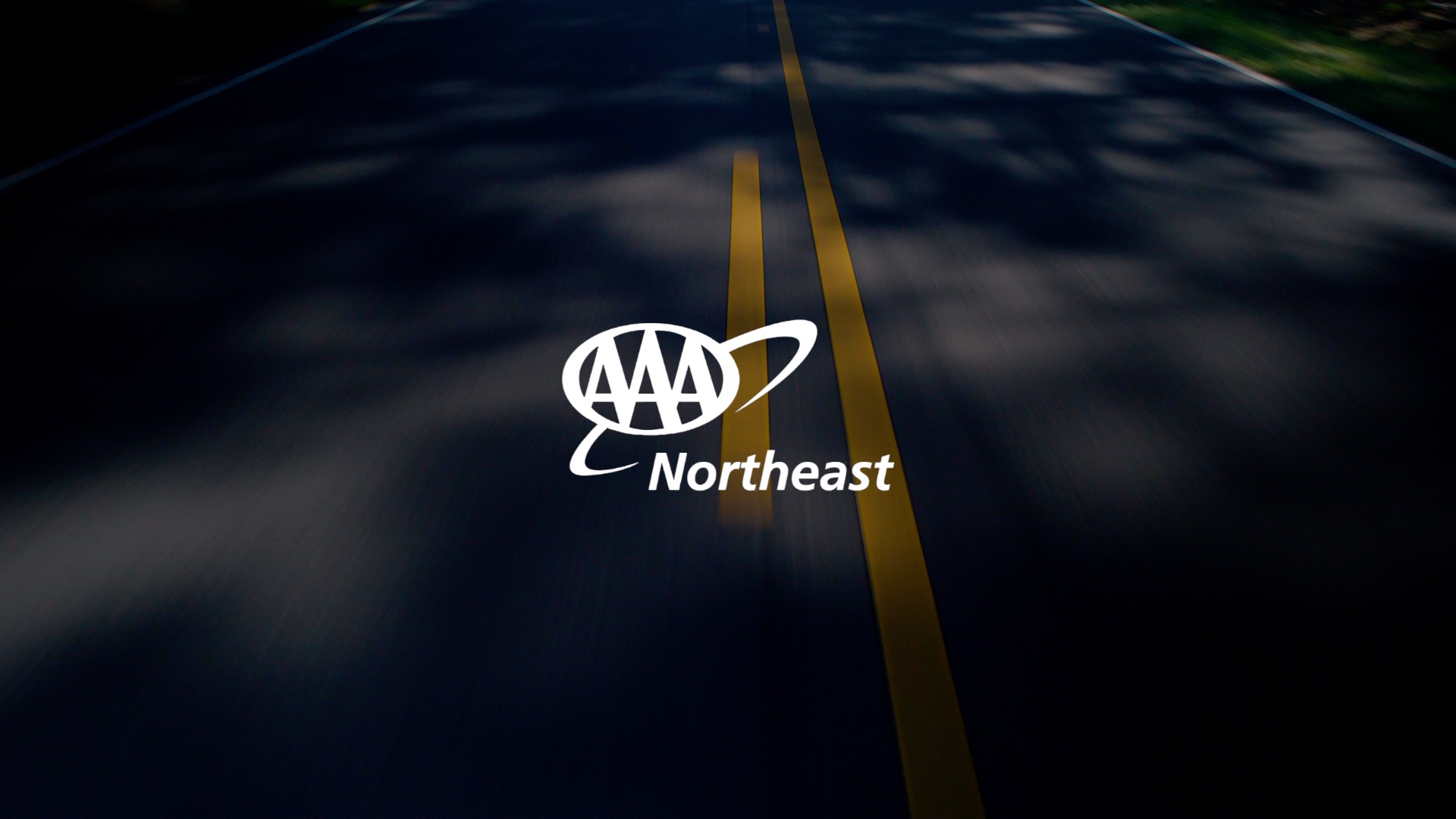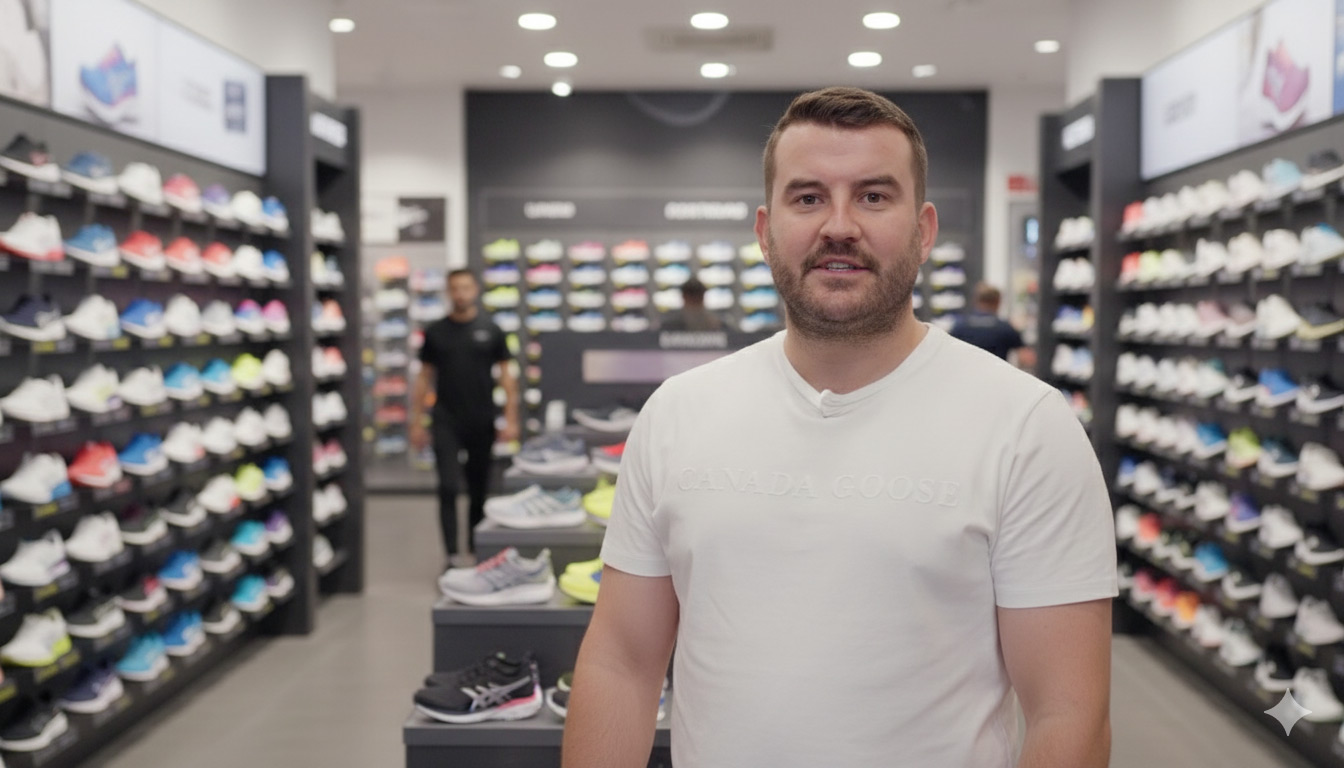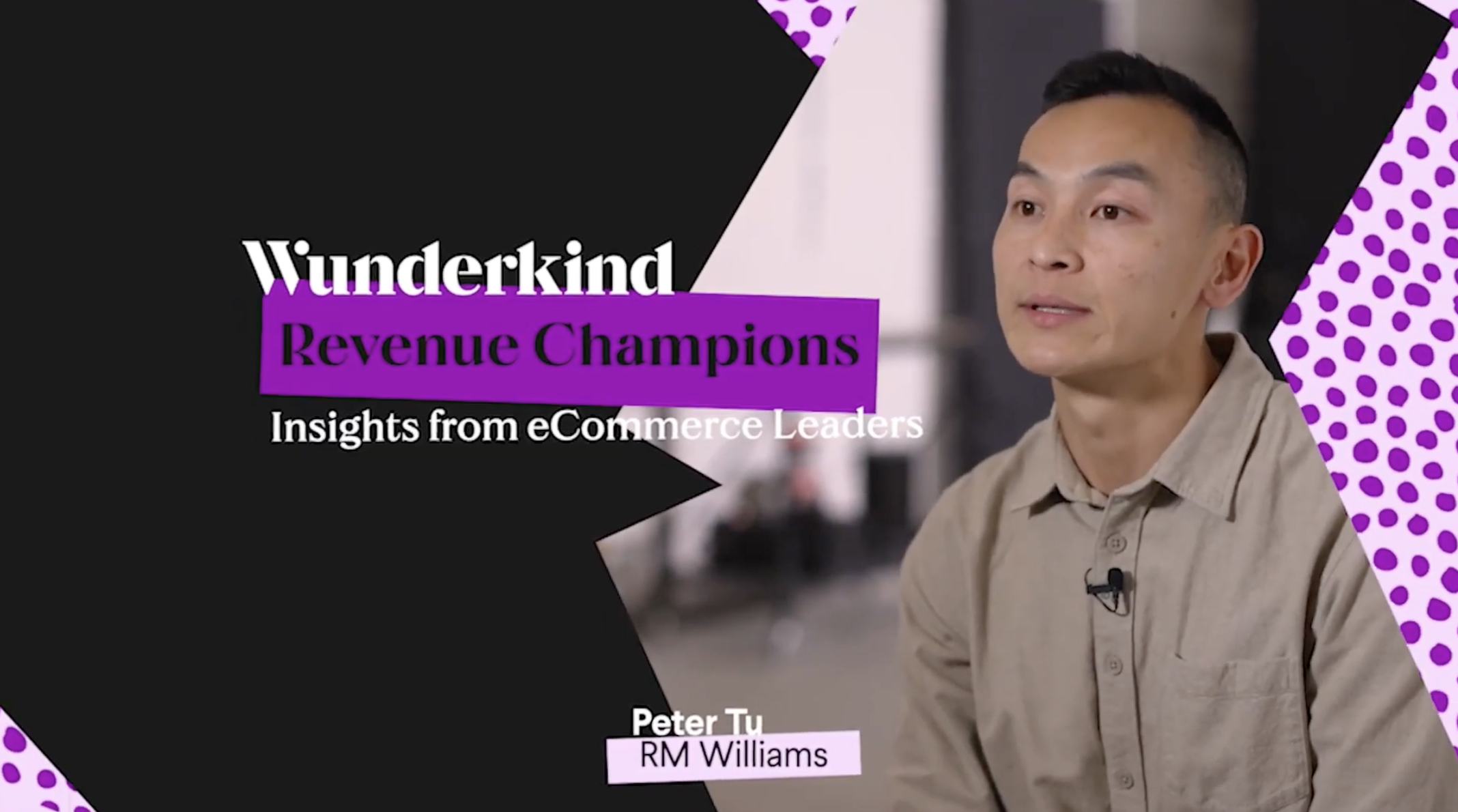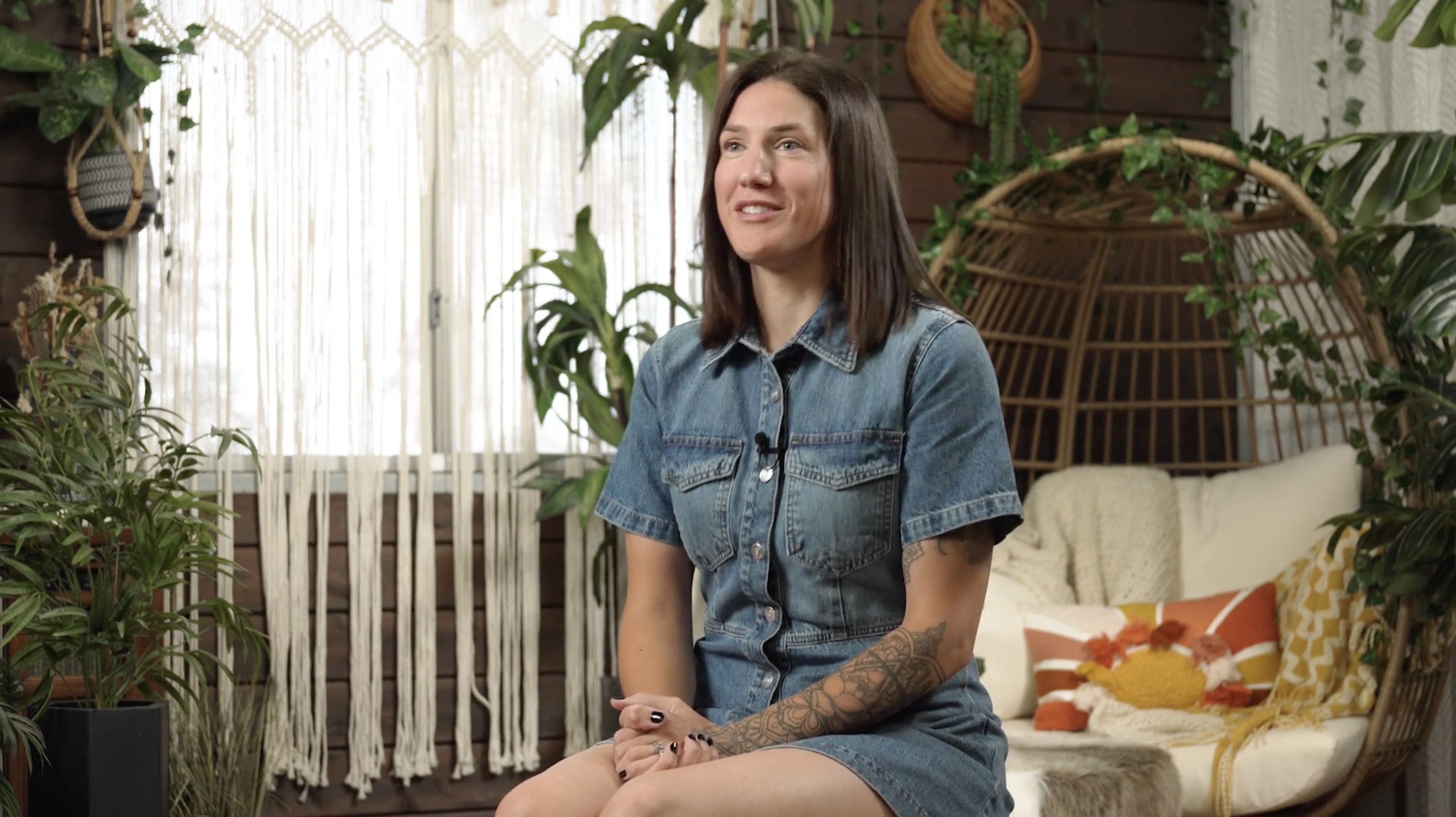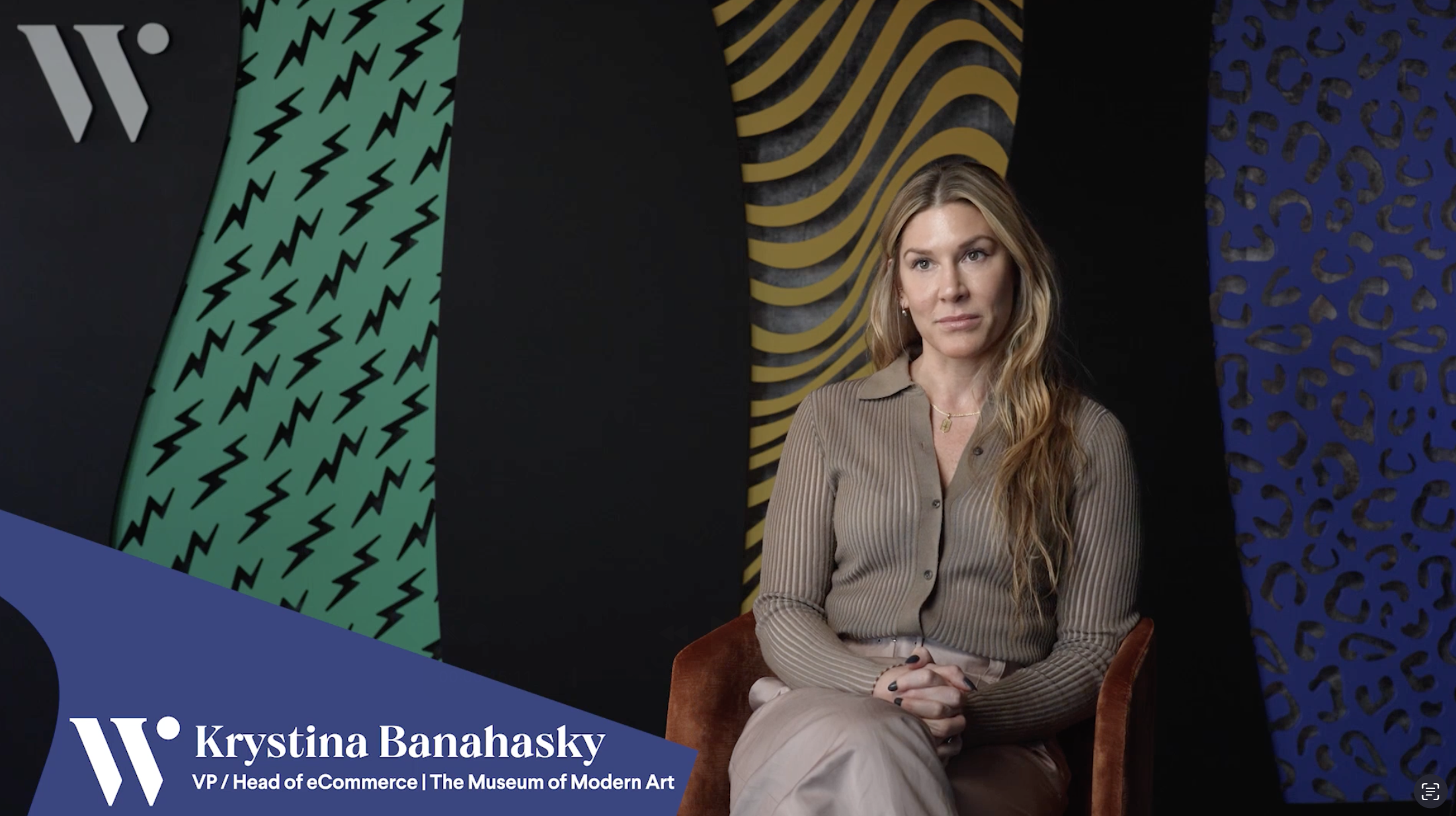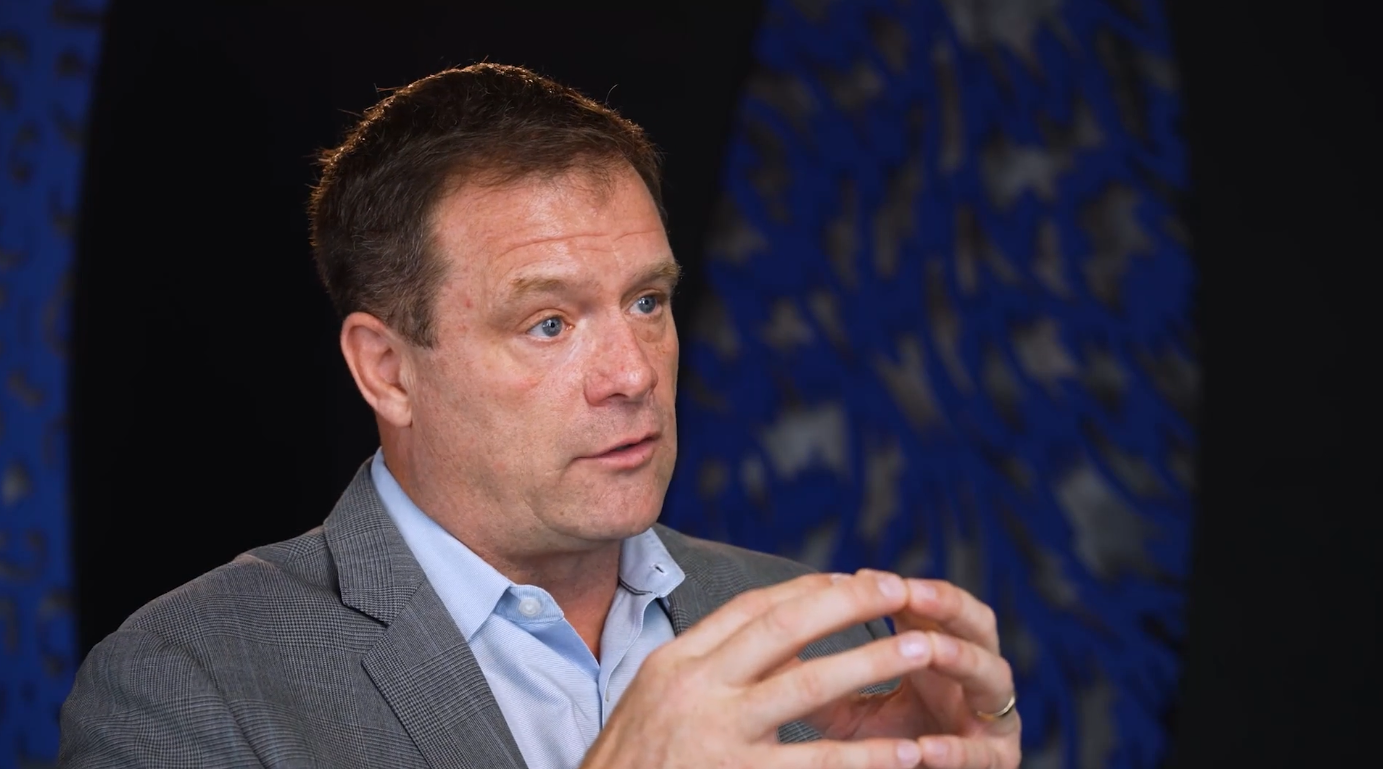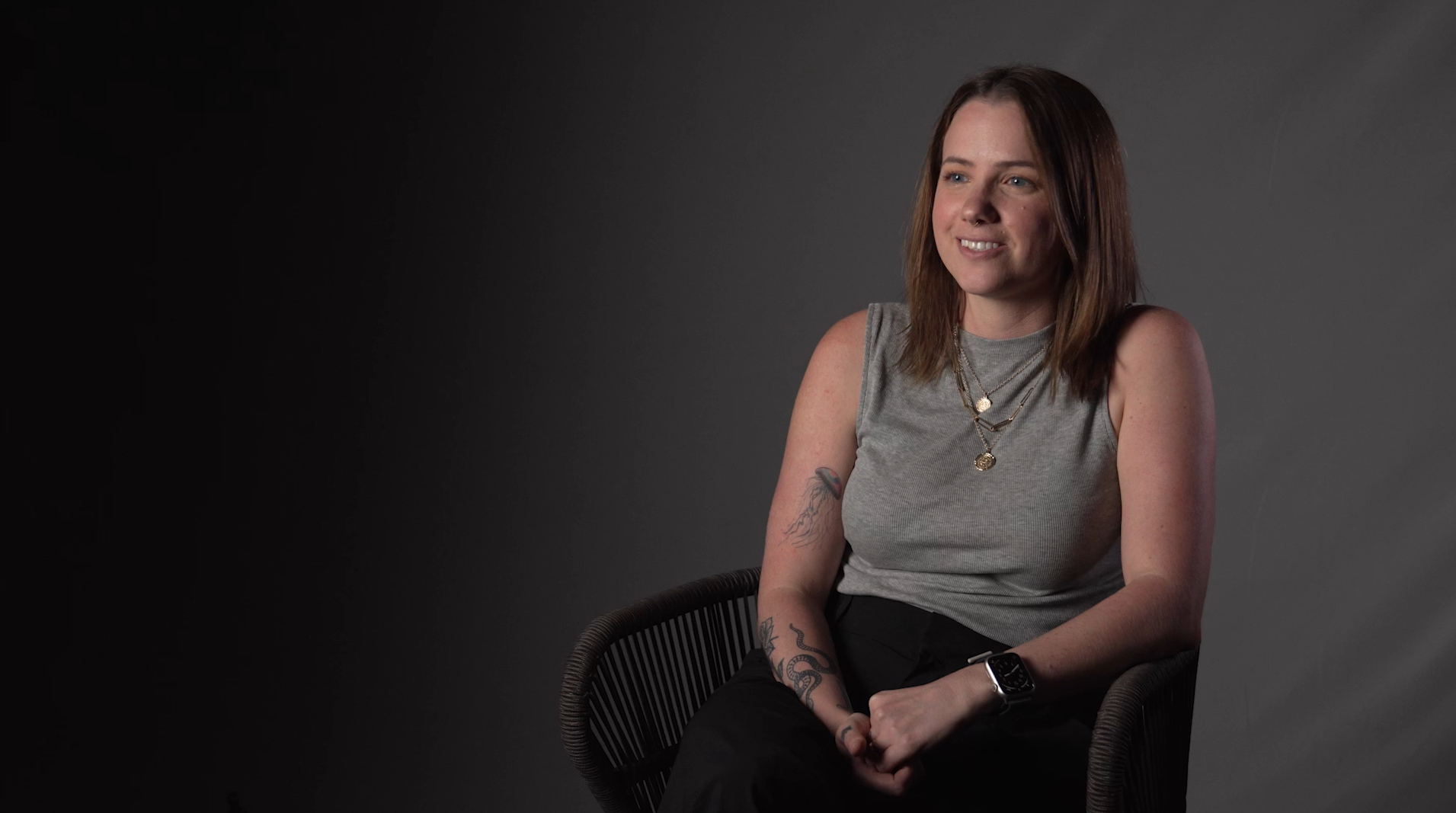Wunderkind Success Story: AAA Northeast
- 0.5
- 1
- 1.25
- 1.5
- 1.75
- 2
Rahul Chand: I am Rahul Chand. I'm the Vice President of Marketing here at AAA Northeast. I've been in the role for four years now. My role and responsibility is really about growth of the business, predominantly focused on membership, acquisition and growth for the last four years. More recently, starting to get involved in other sides of the business, travel, financial services, insurance predominantly. AAA is really about its members. I mean, we stand by our members and we're about trust and safety and making sure that we're always there as a server. Again, our mission's been always about, we exist for our members, and we truly do stand behind that. Historically, obviously, we're known predominantly for roadside assistance, but when you think about our 120- year history, we've evolved beyond that. We're there for our members on the road and off the road. So whether it's travel planning, retirement planning, being there for a cruise vacation, or just getting a car loan, we really are there for every aspect of our members' lives. Our customers are really, I mean, they're every consumer segment that you can find. We're not focused so much on having a profile of what an ideal AAA member or customer is. It's really making sure that we're relevant to every part of the demographic or our communities. We reflect our communities. We may have products that are really appealing to someone who's just entering college, whether it's applying for student loans, it could be a first time home buyer, it could be someone who's really thinking about they're already retired and maybe thinking about a reverse mortgage. So we don't box ourselves into a specific profile. We're trying to be meaningful and being relevant to every demographic profile that's out there. I think the pandemic has been an interesting accelerator for us in some ways, whether it's from the perspective of being digital first, we were already on that journey. When I think back to even, I would say even before I joined the organization, AAA Northeast in particular, was kind of on this evolutionary journey of becoming digital first and digital native in terms of our business really, not just I would say beyond just marketing and how we service our members, how our members engage with us. Fast- forward to 2020 and everything just accelerated. So whether it was the branches and how do we service our members that are typically coming into our branches, being able to meet their needs now in a digital setting. Also, from the perspective of when you think about the consumers, everyone in terms of their adoption of digital tactics, they were on social media networks. That's how everyone got their news and they were shopping online more so than ever before. I think the trend's always been in that direction, but I think 2020 was that pivotal year where it just kind of blew up naturally because we were all locked in our homes. I think AAA Northeast, because it was already going down that path and saying, we're really focused on meeting our members where they are, and increasingly they are in the digital space, we were well positioned to kind of take advantage of that. So for us, I would say start of the pandemic until now, we've been on this accelerated growth path where we're seeing record growth, whether it's membership or in our financial services business or in our insurance business. We've taken advantage of, I think recognizing that trend and planning for it, and certainly taking advantage of it when it actually happened. I think AAA in general is a unique organization. We are a business of businesses, so that's helped us a lot. Again like every other business out there, there were parts of our businesses that struggled right during the pandemic, people weren't traveling, people weren't booking a cruise vacation. So our travel business took a hit, but I think we were well positioned to be able to say, if one side of our business doesn't do well, we can kind of ramp up other areas of the business. It created an opportunity for the financial services is a great example where our mortgage business took off as the pandemic started because people were looking to take advantage of the low interest rates and refinance their homes or buy into a first time home buyer because it was once again, probably in most of our lifetimes, the lowest interest rates we've ever seen on a mortgage. So it was really that opportunity to say, we're struggling in travel, so let's see what else is in our portfolio that we can take advantage of. And again, at the end of the day, just trying to bring value to our members. We're unique in that we are a non- for- profit corporation. We're not so much focused on generating value for our stockholders or for Wall Street. A lot of our focus is in bringing value to our members. So if we can do that, whether it's through the business lines we already have or introduce new product and services, it's always our focus there. Yeah, I mean, again, I was at a brand, an e- commerce brand for about six years prior to coming here at AAA Northeast. We worked with Wunderkind there for, I think it was probably around two, three years by the time I left that organization. I think the decision was really based on performance, to be honest. It was Wunderkind was performing and delivering on the results that we were looking for in terms of growth of new customers and being able to build that repository of prospects for us, which is exactly what we were looking for here at AAA Northeast. We were looking to make sure that every channel that we have, every dollar that we put in market has the best ROI right? To that, our general approach in marketing is this bottoms up. We want to make sure we're maximizing bottom of the funnel and then working our way up to the top. So a lot of what Wunderkind does is this kind of towards that lower end of the funnel with being able to recognize our anonymous visitors and action on them through our retargeting campaigns. So for us, retargeting is that low hanging fruit, and it's a bit of a cliche, but it's so much easier once someone's already engaged with your brand to help close that sale in terms of where you want to be spending your dollars. So for us, the business case was again, was really ROI driven. It was obviously my history with the brand. I knew it can perform. I had seen the results. So it was really taking that use case and that solution and applying it to our business. I would say probably our biggest challenge is really around brand perception and brand relevance. Again, we've been in the business for 120 years, and if I was to... in my everyday course of life, if I was to ask someone, what does AAA do, almost certainly I think most people will respond that we provide roadside assistance so people know us for providing roadside assistance, and that's not a bad thing. We've been doing this for a really long time. We have 63 million members across the country. That's our bread and butter. We're the number one automotive roadside assistance provider out there. So we certainly take pride in that. The challenge for us is we are a product that's often passed down generation from generation. You hear a lot of that story of someone, a mom and dad giving their teenage driver the AAA membership soon as they hand over the keys to a car. Again, very positive. We certainly appreciate that. But when you think about the younger generation, the Gen Z and millennials, they don't have the same level of awareness, and a lot of that comes from the fact that there is increasingly more diversity in those generations. They're first and second generation immigrants, and they don't necessarily have the legacy and history of knowing AAA from one generation to another. Our other challenges probably just overall marketplace in terms of, certainly in our market, when you think about Boston and New York City, a lot of people are choosing not to own a car, not to drive a car. How do we make sure that people see the value in AAA membership? And we certainly have a lot of value, whether it's through our discounts and rewards partners, whether you want discounts on meal delivery or shopping. So we have a lot of value add that we offer as part of the membership that isn't tied to a car. And I use New York as a great example. About a year and a half ago we introduced DMV services in New York, you don't need to own a car and to drive a car to need DMV services. Most of us need a real ID or a driver's license to be able to travel, and that's a preferred method for many. So for us, we were able to offer that service to New York City residents who may not own a car, but they still want to be able to have great service when they need a driver's license or a real ID. So it's really about making sure people know us for all of the other wonderful products and services that we offer, not just the world- class roadside assistance that people already know us for. The business case, for any new platform or new solution or new technology is similar in the process. We usually define what are we trying to do? What is the business case? What is the overall objective? What are the KPIs that we're going to use... KPIs that we're going to use to measure the performance and with Wunderkind, it was really around for us, the opportunity was how do we leverage the traffic that we're already getting to the web, especially the anonymous traffic. How do we make sure we're getting the return on investment on some of our upper funnel tactics, whether it be direct mail or connected television? We wanted to make sure we truly benefit on that investment by being able to improve our ability to convert that traffic on the site. So with that in mind, when we thought about the business case for Wunderkind, it was really based on volume. It was based on scale of how many people can we get from the tactics that we're introducing with Wunderkind, and it was based on CPA, right? So as long as the CPA was tolerable in terms of our benchmarks of what we would expect, and there was scale, I think scale was important for us because again, the idea of having potentially another solution, another relationship that we would have to manage if we were doing that for just, I'm just putting it in perspective, a couple of hundred new joins in the grand scale of things that wouldn't be worth the effort. So we needed scale to be there and we needed the efficiency in terms of CPA. To me, those were really the two drivers. That's how we manage all of our tests and new partnerships. We typically, we will do a proof of concept, which we did with Wunderkind. We ran a proof of concept for six months. As long as we hit those benchmarks and those KPIs, I think the business case was going to... was really going to be determined based on that. The one thing I'll add is, and I think it was really important for us that we were looking at our own data, and I think the fact that when we were able to stand up Wunderkind, it wasn't like we were relying on Wunderkind data or readouts. We were able to go into our own Adobe Analytics dashboards and be able to see the performance of the Wunderkind, their tactics right there and then, and be able to evaluate it against everything else we were doing. I think we look at digital in combination with everything else we're doing. We do look at marketing holistically and both online and offline, make sure that the tactics that we're putting together are supporting each other. And again, I think for us, it's really making sure that we understand what is the purpose of every one of those objectives. So again, I'm sure every brand that's out there, we have limited marketing dollars. So we do start by going bottom up in that funnel and saying, we want to make sure that we're maximizing our SEM spend. That's at the bottom of the funnel. We never ever want to leave a dollar at the table where someone's searching for us online and they can't find us. So certainly from a branded keyword perspective, we want to make sure that we're always spending to the absolute maximum that we can to once again, capture that demand, that's what we call hand raisers. The next level up from that is really around retargeting, and that's where Wunderkind plays in. And again, we take a fairly wide approach to retargeting, whether it's email retargeting that we're doing with Wunderkind or offline retargeting. Again, we will trigger... typically within 24 hours, we will trigger a postcard mailing if someone abandons the funnel on the website. And obviously there's digital retargeting, so whether it's retargeting on paid social or retargeting on a number of websites through our display channel, we cast a fairly wide net. So for us, again, that's the next level up. This is someone who's engaged with the brand who's showing interest. We want to make sure whether it's email, display, social or direct mail, that we're going to have that further outreach to hopefully close the sale. The level above that is really about trying to build engagement with and start to go into, I would say contextual relevance. So whether it's things like native ads, if someone's on an automotive website that they may see or ad if someone's researching on student loans, they may see our ad. So it's really contextually relevant. We have geolocation based advertising happening in that space as well. So things like if you happen to be in a parking lot at a sporting event, and we may run advertising on your mobile device, so it's not cookie based, it's more relevance based on your location. We know you're likely a driver, therefore potentially an opportunity for us for a AAA membership. And then the level above that is really awareness. So things like direct mail, CTV, broadcast TV. Again, we cast a fairly wide net across our footprint to make sure we're building that awareness about the brand and our product and services to kind of support the channels that sit below it. Yeah, I mean, I think we saw a fairly quick, I would say within a month or so right away we started to see a positive impact. Again, it's not as if we were not doing retargeting emails prior to Wunderkind. Our retargeting solution was largely based on our ability to recognize the traffic, which was really driven by the fact that you were further in the funnel and you had already given us a piece of information. So if you were in kind of mid- funnel and you'd already given us your email address, we would then trigger an email to try to get you to come back. I think the opportunity that Wunderkind presented was the fact that we were able to identify who you are before you've given us that piece of information or you're logged in potentially. So that ability, so I think the first kind of positive red flag for us was the fact that we were sending out more retargeting emails. So we knew right off the bat that our universe, regardless of whether Wunderkind perform better or not, our available universe of the people we were reaching had expanded significantly because we were able to get to that anonymous site visitors. You guys are certainly much more familiar with your identity graph solution and how you do that. I do think the fact that it was not based on a cookie was a positive thing for us. We were in market to try to figure out how do we identify this traffic but not necessarily rely on a cookie based solution because again, the writing was on the wall that wouldn't work for us long- term. Yeah, I think there were a number of things that in some ways we didn't necessarily look at Wunderkind as an incremental spend. It was more around shifting and finding efficiencies elsewhere, and I'll give you an example. One of the core tactics that we focus on for member acquisition in particular is we rent email addresses, and then we send out prospect emails. We typically have to pay for every usage of that email address, so it can get quite expensive over time. So when we were evaluating Wunderkind, we obviously were focused primarily on retargeting and the performance of those campaigns, but the fact that we were able to start collecting email addresses and building our own first party database of those prospect email addresses, we knew the value long- term. It was going to generate savings that would easily pay for the solution itself. So for us, while the focus, immediate focus was how do we get scale and get more members, it wasn't lost on us that we were also starting to think long- term and building out our first party email database of prospect email addresses, which has the ability for us to save money long- term. It says twofold. Obviously, it's the ability to identify that anonymous traffic. It really kind of boils down to here's someone who's visiting on our website and they haven't given us an email address, or we are not able to identify them based on a tracking code or whatever it may be. Being able to really leverage that identity graph and being able to then leverage that for marketing is probably what makes your solution very unique and appealing to us. The second part, and certainly I would say I had that experience from my previous organization, what I like about the Wunderkind team is every time we meet, it's never just business as usual. It's usually, " Hey, here's the next three things you guys should be looking at, and here's the opportunities that you can pursue once you know the traffic." So every quarterly business review, the fact that we're always talking about additional tests, talking about additional opportunities, so it's never just one and done. It's always continuing to build on that success and looking for additional opportunities, which again, I think as a team, that's important to me because there are a lot of technology solution providers that have the technology but don't necessarily have the people in place. I do think Wunderkind is unique that it has the people that support that count are always thinking about our opportunities for growth for us. I've been in marketing for 20 plus years. There are a lot of, obviously I think last I checked there were over 5, 000 marketing solutions out there, but not a lot of, I would say that focus on understanding the business of their clients and making sure that they're focused on that one- to- one personalization with us and not just their solution. Yeah, I mean, that's been on the horizon for a number of years now. I would say even before I started here at the brand, AAA Northeast was already starting to think about that, making sure that we have really good clean first party data, and that's certainly, I think one of the key areas of focus for us, the richer and better our first party data is the less we have to rely on cookies to be able to support our digital marketing efforts. I would say we've supplemented that with obviously some of the things we're doing with Wunderkind. Other partners, again that don't rely on cookies, I would say are increasingly the dollars that we spend towards advertising that's contextually relevant, whether it's native ads based on where you're browsing content or geolocated ads based on where you are in the real world has helped us, again, continue to rely less and less on solutions that are based on cookie tracking, paid social. As an example, we've pulled back from Facebook advertising because it really wasn't, with the cookies tracking in the iOS changes, it became really difficult to be able to put that one- to- one message on, and we weren't necessarily interested in blasting our messages on paid social. So we've explored other social networks that may be smaller, but more relevant and really kind of inject ourselves in meaningful, relevant conversations where it makes sense rather than just mass market on Facebook and not necessarily reach the right audience there. Yeah, absolutely. Again, I think I would say there's a number of things within how we're using Wunderkind that has helped us move forward in our ability to meet member and consumer expectations, right? To use an example, typically, depending on the weather that's going on, we rely on Wunderkind to be able to tailor that experience in near real time, right? We have access and we can turn on our weather based triggers right away and completely becomes very relevant to the consumer if there is a blizzard outside and they're starting to see that imagery and that message in our communication versus if we were adapting that three days because these events that a blizzard could be here today and it could be gone in two days. So the fact that we're able to rely on the Wunderkind platform to turn on those weather triggers in real time and be able to manage that, it's been a step forward for us to make sure that our messaging is relevant to real world events as they're happening. I come from a e- commerce background and little bit of, I think my past organization's philosophy that stayed with me, which is between buy versus build, we always buy, and the reason is really about speed to market, and it's being able to benefit from the collective power of all of the clients. So I think when I think about the technology partners, and I'll use Wunderkind as an example, it's not just about meeting our needs, which is much appreciated, but I think when we do those quarterly business reviews, the fact that you can bring to market what's working and not working across hundreds of your other clients, that adds meaning and value to us. I think when you develop your own solutions, you have tremendous ability to personalize the solution to your needs. But in terms of when you think about the future roadmap and the ability for that program or that solution to evolve with you, you're somehow limited, right? You're limited to what you can think of. I like working with organizations and solutions where they have a large network of clients and you're not benefiting just from what your creative team can come up with. You're benefiting from hundreds of other teams that are facing the same marketplace challenges, and they're coming up with new ideas. So I think that collective power of the community of a platform is really important because it helps us, again, it helps us evolve at a much quicker pace and not necessarily have to wait on our own resources to develop the solution for us.
DESCRIPTION
Join us behind the scenes in this candid interview with Rahul Chand, Vice President of Marketing at AAA Northeast, as he discusses the dynamic evolution of AAA in the digital era. From navigating the challenges of a legacy brand with 120 years of history to embracing a digital-first approach, Rahul shares insights into AAA's growth strategies and the role of Wunderkind in reshaping their marketing landscape. Discover how AAA leverages Wunderkind's identity graph to unlock the potential of anonymous website visitors, creating a more personalized and effective retargeting strategy. Rahul emphasizes the value of building a first-party email database and the long-term impact on cost savings. Get an insider's perspective on the unique partnership between AAA and Wunderkind, where technology meets a deep understanding of business objectives. Learn how the collaborative approach, continuous exploration of opportunities, and a focus on results set Wunderkind apart from other vendors in the marketing technology landscape. Join us in this engaging conversation that goes beyond business as usual, exploring the synergy between AAA and Wunderkind, and the commitment to ongoing innovation and growth in the digital realm.
Today's Guests


